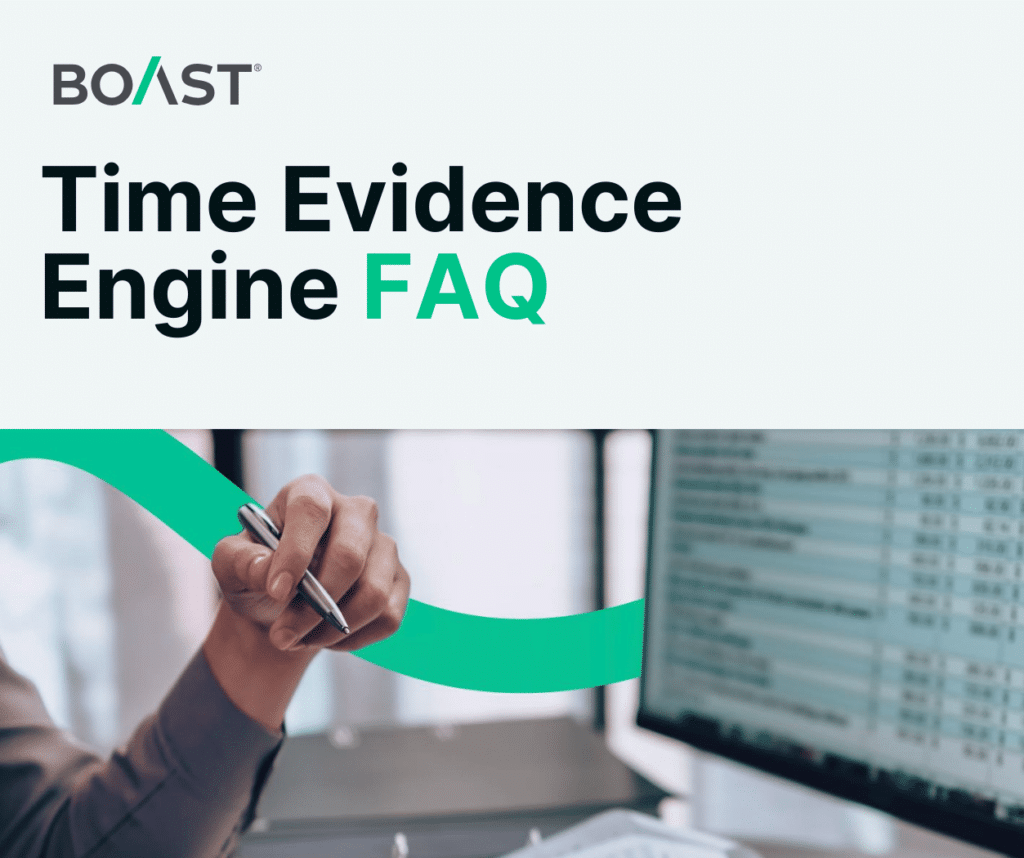Silicon Valley Bank (SVB) has officially been closed by the California Department of Financial Protection and Innovation. Funds tied with SVB are currently frozen until Monday, when SVB will reopen under FDIC control.
As a major backer for prominent tech and healthcare startups across the US, SVB’s new receivership is bound to have major implications across the business world.
What should founders know and do with their funds going forward?
1. What does this mean for founders’ operations if SVB was their bank, and what should they do with their current SVB debt or loan products?
The founders should act quickly and contact the bank to understand the situation and explore possible options.
It is also advisable for the founders to consider depositing their funds with a different bank as a precautionary measure. Diversifying their banking relationships will help reduce the risk of a complete financial loss in case of any unexpected further events.
Founders should also review their loan agreements to understand their obligations. If they are unable to meet their debt obligations, they should immediately contact their lenders to negotiate a solution, such as restructuring the loan or seeking additional funding from alternative sources.
Additionally, founders should spread their risk by depositing their funds with multiple banks instead of relying on a single bank. This diversification of risk will help protect the funds in case of any unforeseen events that could lead to multiple banks’ shutdown. Overall, founders must remain vigilant and take proactive steps to protect their business and financial interests in case of any adverse circumstances.
The FDIC also offers specific guidance for those directly impacted by the receivership that affected founders should immediately review.
According to the FDIC, “all insured depositors [who had accounts with SVB] will have full access to their insured deposits no later than Monday morning, March 13, 2023.” To that end, the agency will offer uninsured depositors an advance dividend within the next week, as well as a receivership certificate for the remainder of their funds. Finally, the FDIC may make future dividend payments to uninsured depositors as SVB assets are sold off in the coming weeks.
2. What are the implications for Canadian businesses, specifically?
As Betakit reported, while numerous Canadian startups used SVB for their US bank accounts, very few Canadian VC firms (if any, according to their source) banked primarily with SVB, as the firm’s Canadian practice had yet to launch.
For those Canadian founders whose US accounts were held with SVB, however, the advice is largely the same for their counterparts stateside: Contact the bank immediately to understand and explore your options.
One concern that Canadian customers should be wary of is a potential “credit crunch” in Canada as a result of SVB’s folding. Because SVB’s Canadian arm doesn’t have a national banking license, its venture debt lending capital is leveraged from deposits made outside of Canada. As a result, SVB’s closure eliminates one pool of capital that Canadian startups have relied on, which is worth bearing in mind for future planning.
3. Any best practices for ST-liquidity issues that may arise while moving funds? how should founders communicate to employees, for instance?
Contact the bank immediately: The first step is to contact the bank to understand the situation and explore options for accessing funds. It is essential to do this as soon as possible to minimize any negative impact on the company’s operations.
Diversify banking relationships: It is advisable for companies to spread their risk by depositing funds with multiple banks instead of relying on a single bank. This can help ensure that the company has access to funds even if one bank experiences unforeseen events.
Seek alternative sources of funding: If the company is unable to access funds from the bank, they should explore alternative sources of funding, such as lines of credit, factoring, or even crowdfunding.
Communicate with employees: If there are liquidity issues that impact payroll, it is crucial to communicate with employees promptly and transparently. Founders should explain the situation, reassure employees that they are working to address the issue, and provide a timeline for when they expect to resolve the situation.
Prioritize expenses: In case of liquidity issues, it is essential to prioritize expenses and focus on those that are critical to the company’s operations, such as payroll and rent.
This story continues to evolve, and there will certainly be additional guidance from officials and financial experts in the coming days that could impact what choices founders should make as they navigate next steps.
At Boast AI, we help innovative startups discover new avenues for equity that help them extend their runway by tapping into non-dilutive funding options that specifically target innovative new solutions. Contact us today to learn more about the R&D capital strategies we help support.









